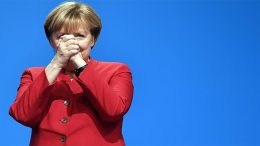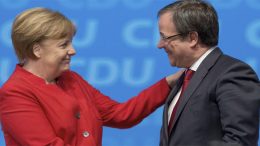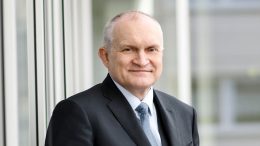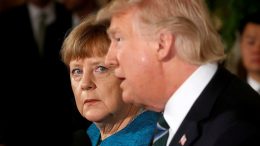Germany At The End Of The Merkel Era: The Next Coalition To Inherit An Economy Not Fully Recovered
Bruno Cavalier (ODDO BHF) | In a few weeks’ time, Angela Merkel will cease to be Chancellor, a position she has held since 2005. Polls show that the three main contenders to succeed her are tied. Despite Germany’s good performance in the first Covid-19 wave, successive waves of contagions brought new restrictions in early 2021, delaying the recovery. Also, Germany clearly suffers from its overexposure to the automotive industry, which is 25 points below normal.








